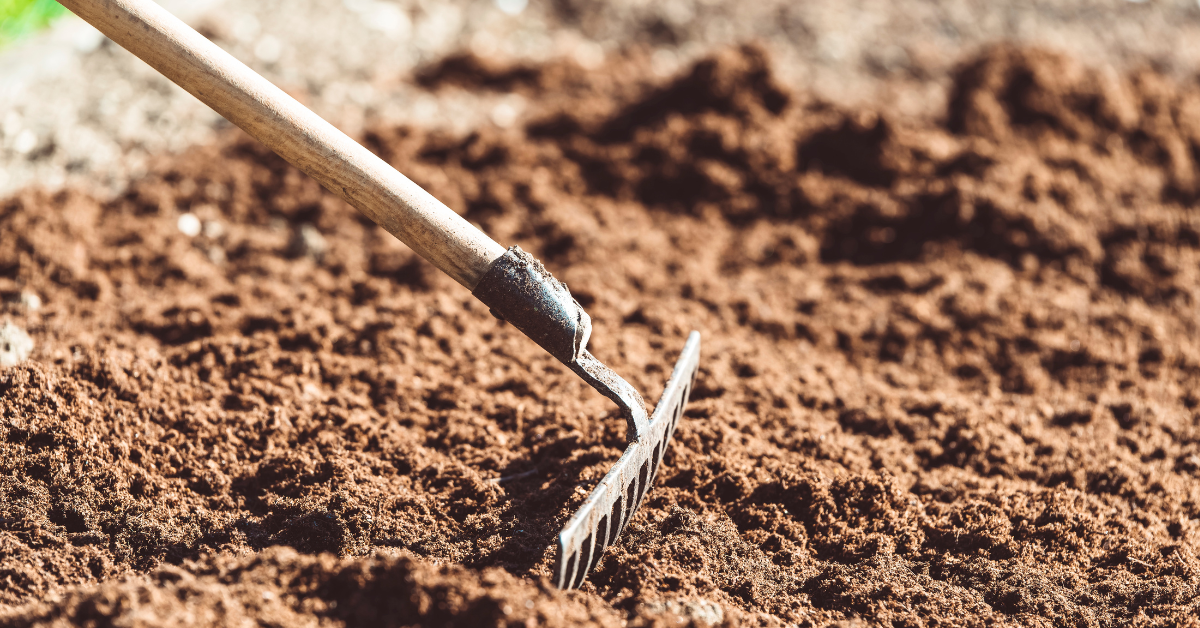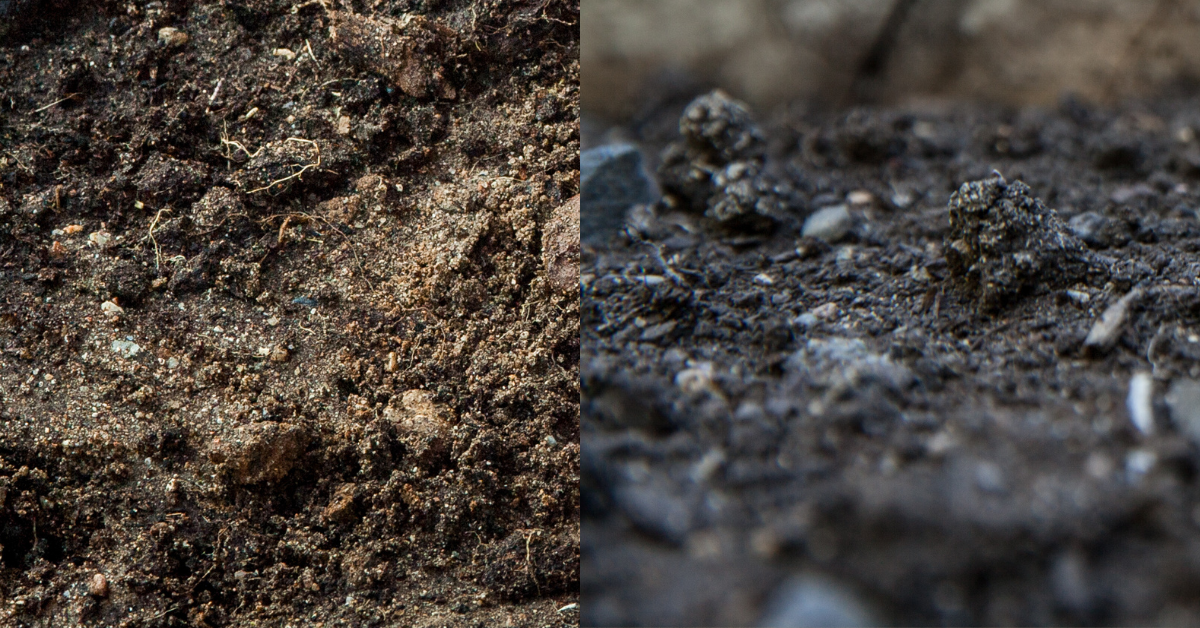How to Prepare Garden Soil for Next Year. Gardening is not just a seasonal activity; it’s a year-round commitment to nurturing your green space. One crucial aspect of this commitment is preparing your garden soil for the next year. In this guide, we’ll explore the essential steps to ensure your soil is primed for a bountiful and vibrant garden in the coming seasons.
Introduction
Importance of Preparing Garden Soil
A thriving garden starts with healthy soil. Preparing your garden soil for the next year is like laying the foundation for a sturdy house. It sets the stage for robust plant growth and ensures your garden remains a flourishing haven.
Benefits for the Next Year’s Garden
Investing time and effort into soil preparation yields long-term benefits. From improved nutrient levels to better water retention, the advantages extend beyond the immediate season.
Assessing Current Soil Condition
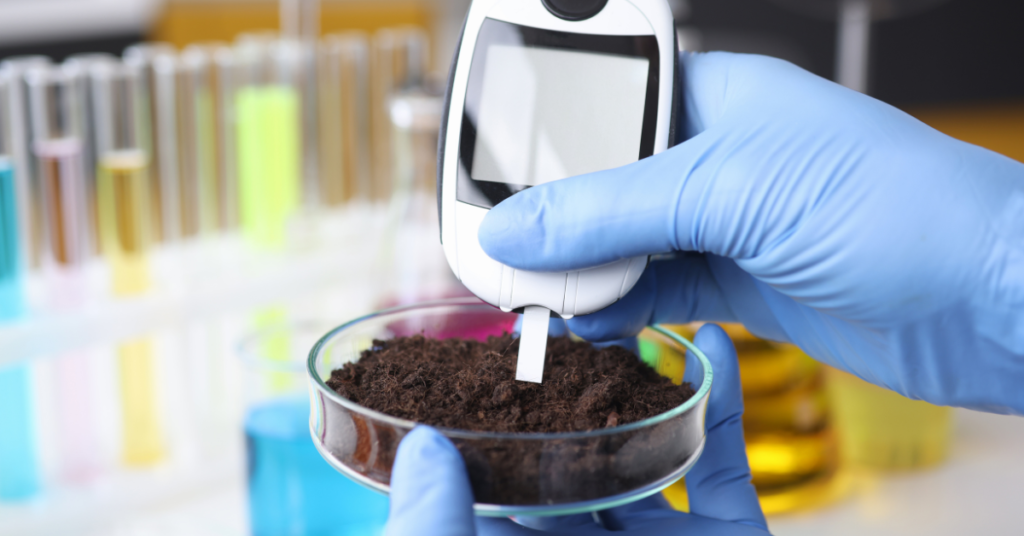
Soil Testing
Before embarking on any amendments, conduct a soil test. This insightful analysis helps you understand the composition and structure of your soil, guiding your next steps [How to Prepare Garden Soil for Next Year].
Understanding pH Levels
pH levels play a crucial role in plant nutrition. Learn how to interpret and adjust pH levels for optimal plant health.
Checking Nutrient Levels
Assessing nutrient levels ensures your soil has the right balance of essential elements. Identify deficiencies and surpluses to tailor your amendments accordingly.
Clearing Debris and Weeds
Removing Existing Plants
Clearing the garden of spent plants is essential. Proper disposal prevents the spread of diseases and pests, contributing to a healthier garden environment.
Dealing with Persistent Weeds
Weeds can be persistent, but addressing them before winter sets in reduces the competition for nutrients and space.
Amending Soil Structure
Adding Organic Matter
Enhance soil structure by incorporating organic matter. Compost, well-rotted manure, and other organic materials contribute to soil fertility and structure.
Incorporating Compost
Compost is the gardener’s gold. Learn the art of composting and how to integrate this nutrient-rich material into your soil.
Adjusting Soil pH
Choosing the Right Amendments
Discover the amendments that effectively adjust soil pH. Lime, sulfur, and other products play a crucial role in creating an ideal growing environment.
Monitoring pH Changes
Soil pH is dynamic. Regular monitoring ensures that your adjustments have the desired effect, promoting an environment where plants can thrive.
Enhancing Nutrient Levels
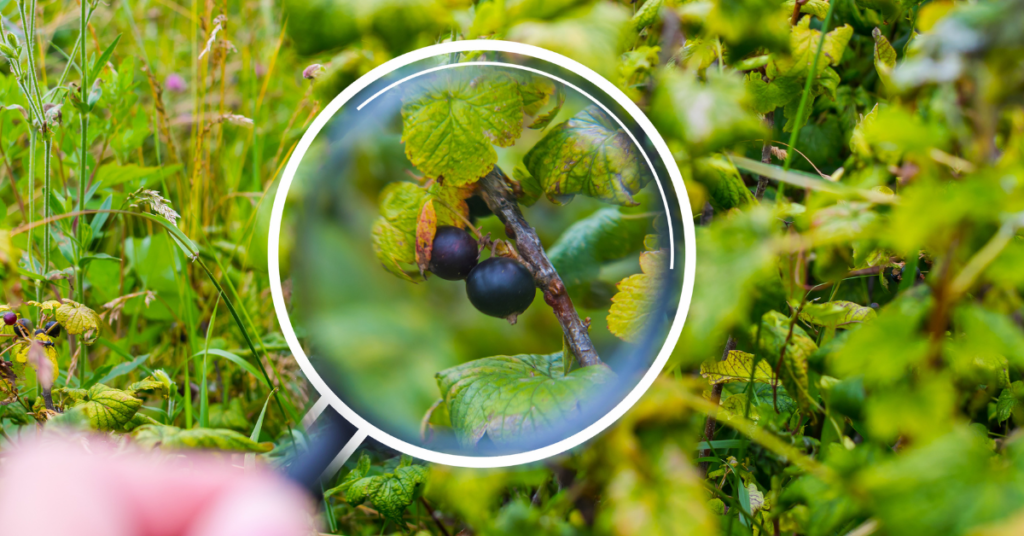
Selecting Appropriate Fertilizers
Not all fertilizers are created equal. Understand your plants’ needs and choose fertilizers that provide the right nutrients in the right proportions.
Avoiding Over-fertilization
While nutrients are essential, an excess can harm your plants. Strike the right balance to prevent over-fertilization and its negative consequences.
Soil Aeration
Importance of Aeration
Compacted soil hinders root growth and water absorption. Learn why soil aeration is crucial for a healthy garden.
Methods for Aerating Soil
Discover various methods to aerate your soil, from manual techniques to specialized tools that make the job easier.
Choosing the Right Plants
Considering Soil Requirements
Different plants have different soil preferences. Choose plants that thrive in your soil type for a more successful garden.
Planning Crop Rotation
Crop rotation prevents soil-borne diseases and ensures a balanced nutrient profile. Learn how to plan an effective crop rotation strategy.
Mulching Techniques
Benefits of Mulching
Mulch is a multitasker in the garden. Explore the benefits of mulching, from weed suppression to moisture retention.
Types of Mulch to Use
Not all mulches are suitable for every garden. Understand the different types of mulch and their applications [How to Prepare Garden Soil for Next Year].
Protecting Soil During Winter
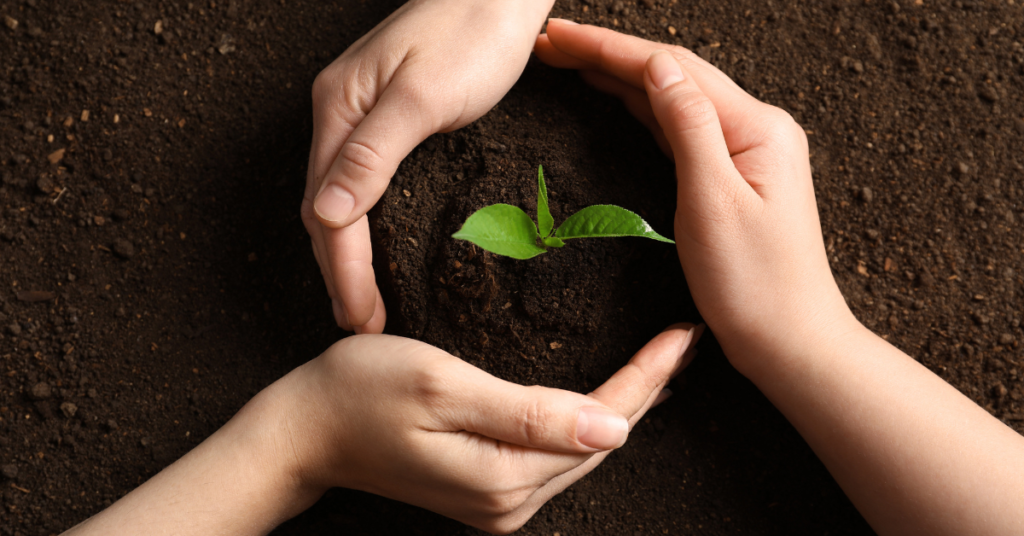
Cover Cropping
Utilize cover crops to protect and nourish your soil during the winter months. It’s a green, natural way to safeguard your garden.
Using Protective Barriers
Explore physical barriers that shield your soil from harsh winter conditions. From burlap to straw, find the right protection for your garden.
Proper Watering Practices
Consistent Watering Schedule
Watering is an art. Establish a consistent watering schedule that meets your plants’ needs without overwatering.
Avoiding Waterlogging
Excess water can be as detrimental as a lack of it. Learn how to prevent waterlogging and maintain optimal soil moisture.
Pest and Disease Management
Preventive Measures
A healthy garden is less susceptible to pests and diseases. Implement preventive measures to safeguard your plants.
Natural Remedies
Explore natural remedies for common garden pests and diseases. Maintain a balance without resorting to harmful chemicals.
Monitoring Soil Health
Regular Check-ups
Regularly check your soil’s health. Early detection of issues allows for timely intervention, preventing long-term damage.
Adjusting Practices as Needed
Gardening is dynamic. Be flexible and adjust your practices based on your garden’s evolving needs.
Documenting Garden Activities
Keeping a Garden Journal
A garden journal is a valuable tool. Track your activities, observations, and experiments to enhance future gardening endeavors [How to Prepare Garden Soil for Next Year].
Learning from Past Experiences
Reflect on past successes and challenges. Use this knowledge to refine your gardening approach and achieve better results.
Conclusion
Recap of Soil Preparation Steps
Preparing garden soil is a holistic process. Recap the essential steps to set the stage for a flourishing garden in the upcoming seasons.
Excitement for the Next Gardening Season
With a well-prepared soil, anticipate the joys of a vibrant garden. The investment in soil health pays off in the form of thriving plants and a visually stunning outdoor space.
How to Prepare Garden Soil for Next Year – FAQs
Regular soil tests are recommended at least once a year, preferably in the fall before winter sets in.
Absolutely! Homemade compost is an excellent choice for improving soil fertility and structure.
Yes, even in small gardens, crop rotation helps prevent soil-borne diseases and ensures balanced nutrient levels.
Organic mulches like straw or shredded leaves work well for vegetable gardens, providing both insulation and nutrients.
Protective barriers like burlap or frost blankets can help insulate the soil and protect it from freezing temperatures.

